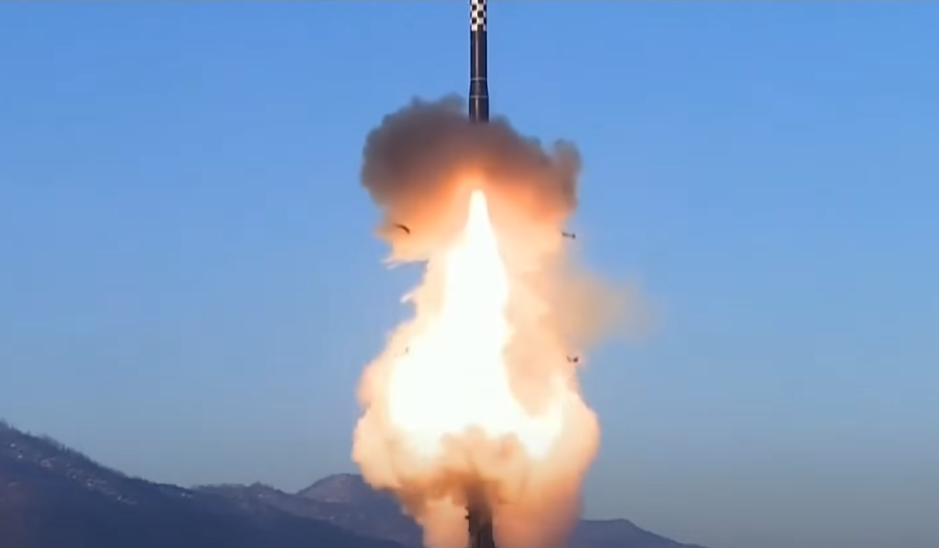North Korea recently tested its underwater nuclear weapons system in protest against joint military drills by South Korea, the United States, and Japan.
North Korea’s nuclear-capable underwater attack drones, known as Haeil-5-23 system, were tested in the waters off its east coast by the think tank under the defense ministry. The report lacked specificity on the test’s date. (eberinsurance.com) (hairrestore.com)
The North Korean defense ministry’s spokesperson accused the United States, South Korea, and Japan of becoming frantic with military exercises and issued a warning of catastrophic consequences.
This comes in the aftermath of the three countries’ navies conducting a three-day joint drill, including the US aircraft carrier Carl Vinson, aimed at enhancing their responses to North Korea’s evolving nuclear and missile threats.
The spokesperson emphasized that North Korea’s underwater nuke-based countering posture is being further developed, and various maritime and underwater responsive actions will continue to deter the perceived hostile maneuvers of the US and its allies.
The underwater weapon system, dubbed Haeil, meaning tsunami, was reportedly first tested in March 2023.
North Korea’s Hypersonic Missile Escalation

State media has claimed that the system is designed for sneak attacks in enemy waters, intending to destroy naval strike groups and major operational ports by creating a large radioactive wave through an underwater explosion.
It’s important to note that the reported underwater weapon has not been independently verified, and North Korean state television has previously aired atmospheric explosion tests that were monitored by U.S. and South Korean authorities.
The latest underwater test follows North Korea’s firing of a new intermediate-range, solid-fuel hypersonic missile, condemned by Washington, Seoul, and Tokyo as a serious violation of UN Security Council resolutions .
In response, the nuclear envoys of the three allies gathered in Seoul, condemning not only North Korea’s missile activities but also its arms trade with Russia and increasingly hostile rhetoric.
This development coincided with North Korea’s foreign minister’s visit to Moscow, where meetings with President Vladimir Putin took place. The international community closely watches these events, given the potential implications for regional stability and security.


Comments are closed.